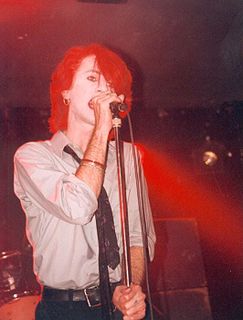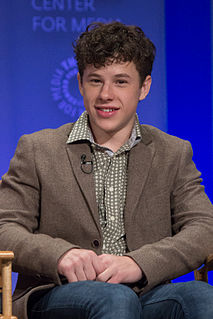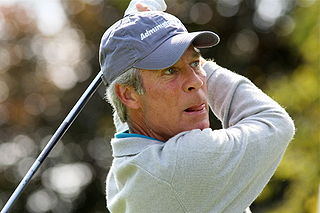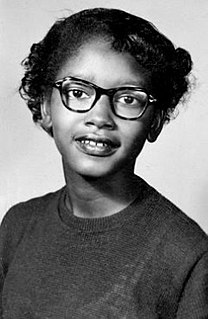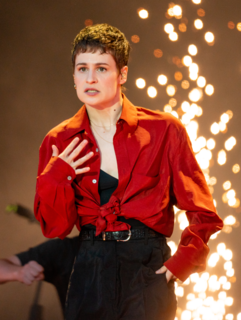A Quote by Amber Rudd
I remember my daughter coming back from school one day and saying that the teacher had asked anybody whose parents were divorced to put their hands up. I felt angry but also guilty. And you feel sort of terribly responsible in that sort of situation.
Related Quotes
I was always interested in music, I felt it was time to do it, coming out of the punk scene [1979]. I thought it was ideal that anyone could just put together a group and make it work. Then, of course, it became a little more detailed after starting it and realizing that it was something serious, not just a one-off situation. I had to put a lot more into it. Also I did it to get a lot of things out of my system, things that had been put there while I was growing up in my family. A sort of exorcizing of demons.
My parents were educated in the Turkish system and went straight from high school to medical school; my mom, who had skipped a grade, was dissecting corpses at age seventeen. Growing up in America, I think I envied my parents' education. By comparison, everything I did in school seemed so sort of low-stakes and infantilizing.
My parents sent me to a school across town, an integrated school, where I had the chance to meet and grow up with people who were from other parts of the world. ... I remember feeling that I would never have anything to contribute on St. Patrick's Day. I couldn't tell the stories that they might have been telling about their forebears and I felt left out.
Growing up, all I saw was my parents trying to be the best people they could be, and people coming to them for wisdom, coming to them for guidance, and them not putting themselves on a pedestal, but literally being face-to-face with these people and saying, "I'm no better than you, but the fact that you're coming to me to reach some sort of enlightenment or to shine a light on something, that makes me feel love and gratitude for you." They always give back what people give to them. And sometimes they keep giving and giving and giving.
Whenever people ask me: 'Why didn't you get up when the bus driver asked you?' I say it felt as though Harriet Tubman's hands were pushing me down on one shoulder and Sojourner Truth's hands were pushing me down on the other shoulder. I felt inspired by these women because my teacher taught us about them in so much detail.
One of the last times that we played in the area before I wrote "Allentown," I remember a guy coming up to us and saying, "You're never coming back here." I said, "Why do you say that?" He said, "Well, you're probably gonna become a big star. Nobody who ever becomes big comes back here." And I felt so sad for this kid, he seemed so bitter about it. I said, "Well, I'm coming back, no matter what."
I felt very low. I had been unmasked only that morning by Jay Cee herself, and I felt now that all the uncomfortable suspicions I had about myself were coming true. After nineteen years of running after good marks and prizes and grants of one sort and another, I was letting up, slowing down, dropping clean out of race.

